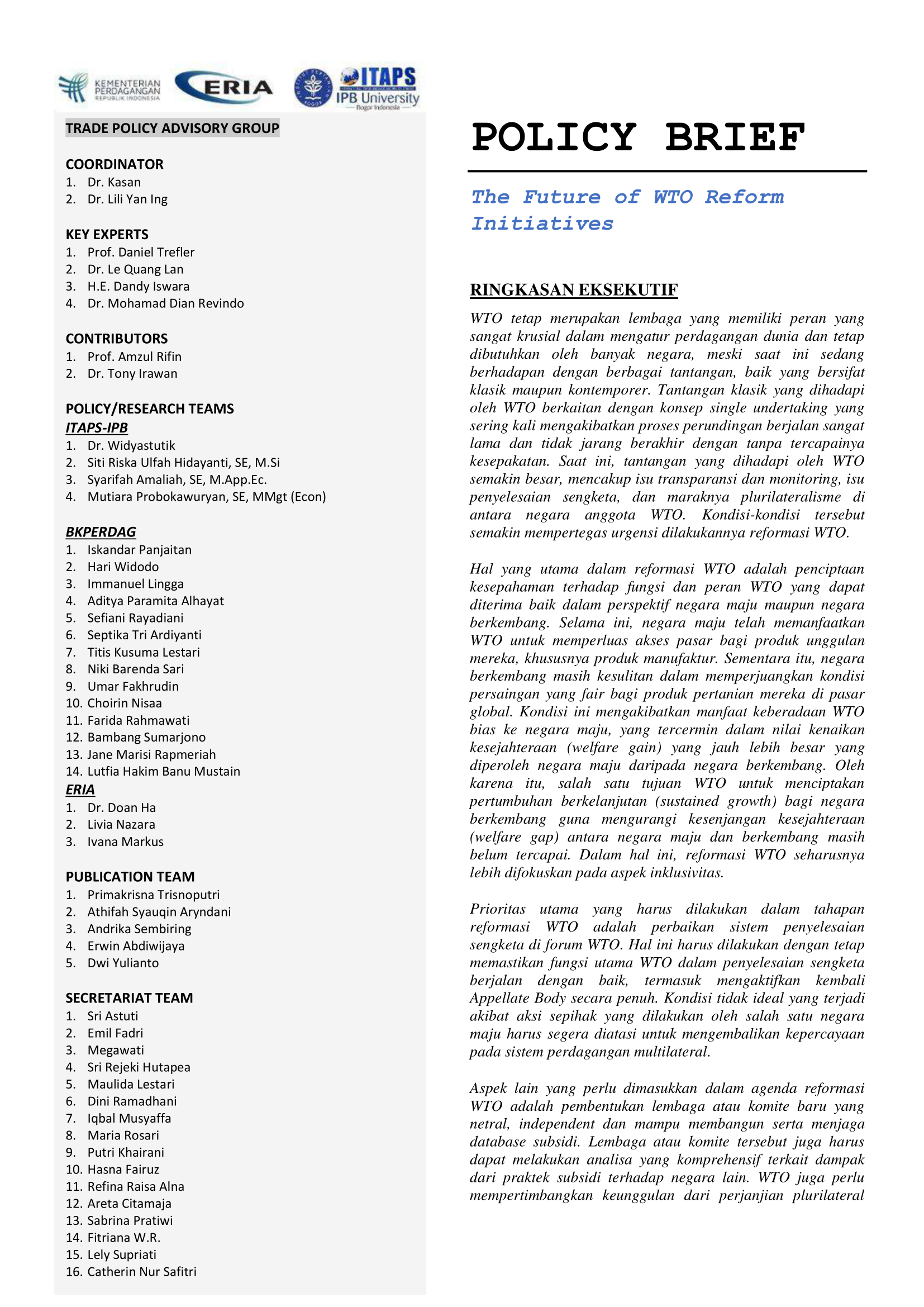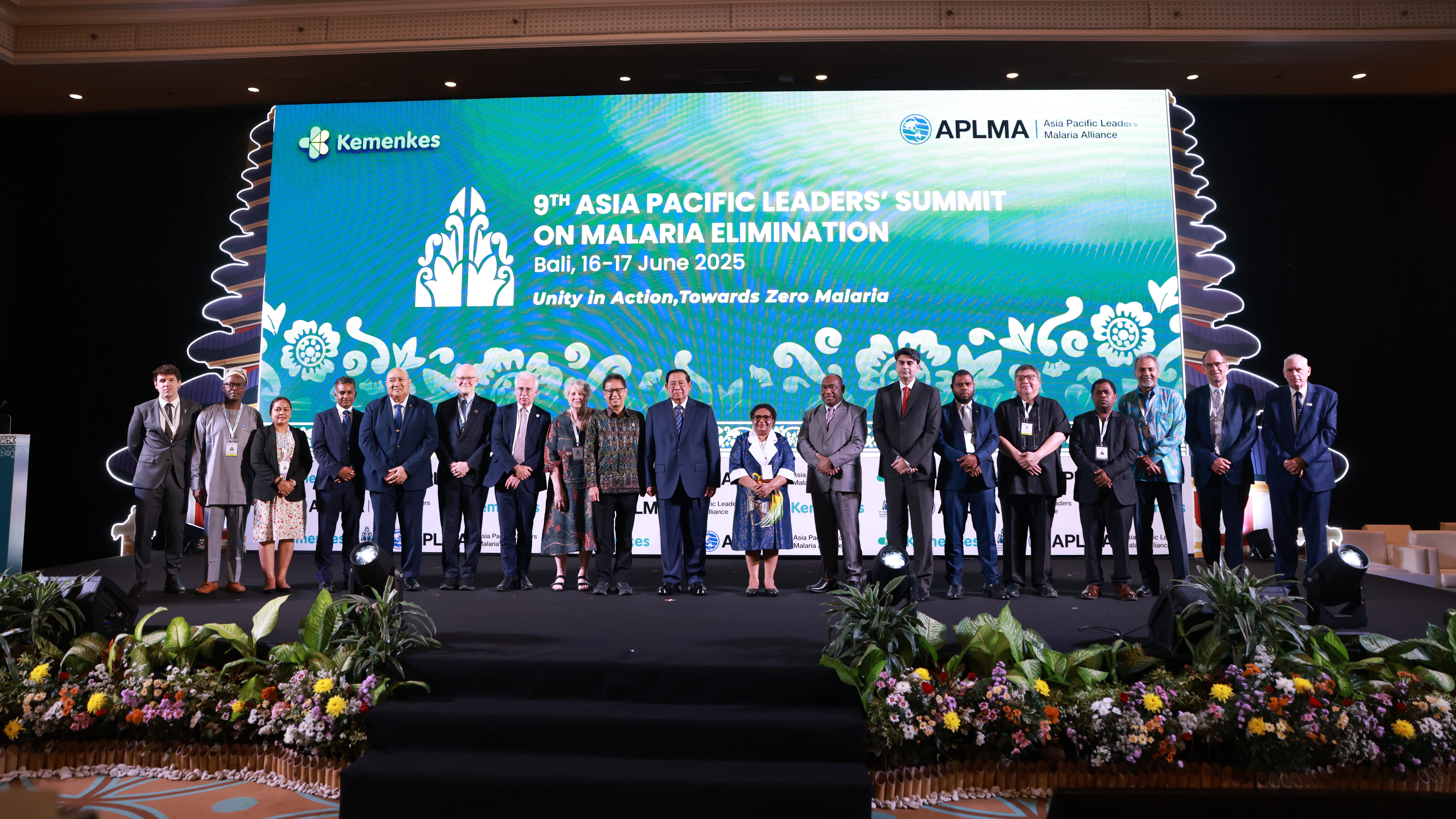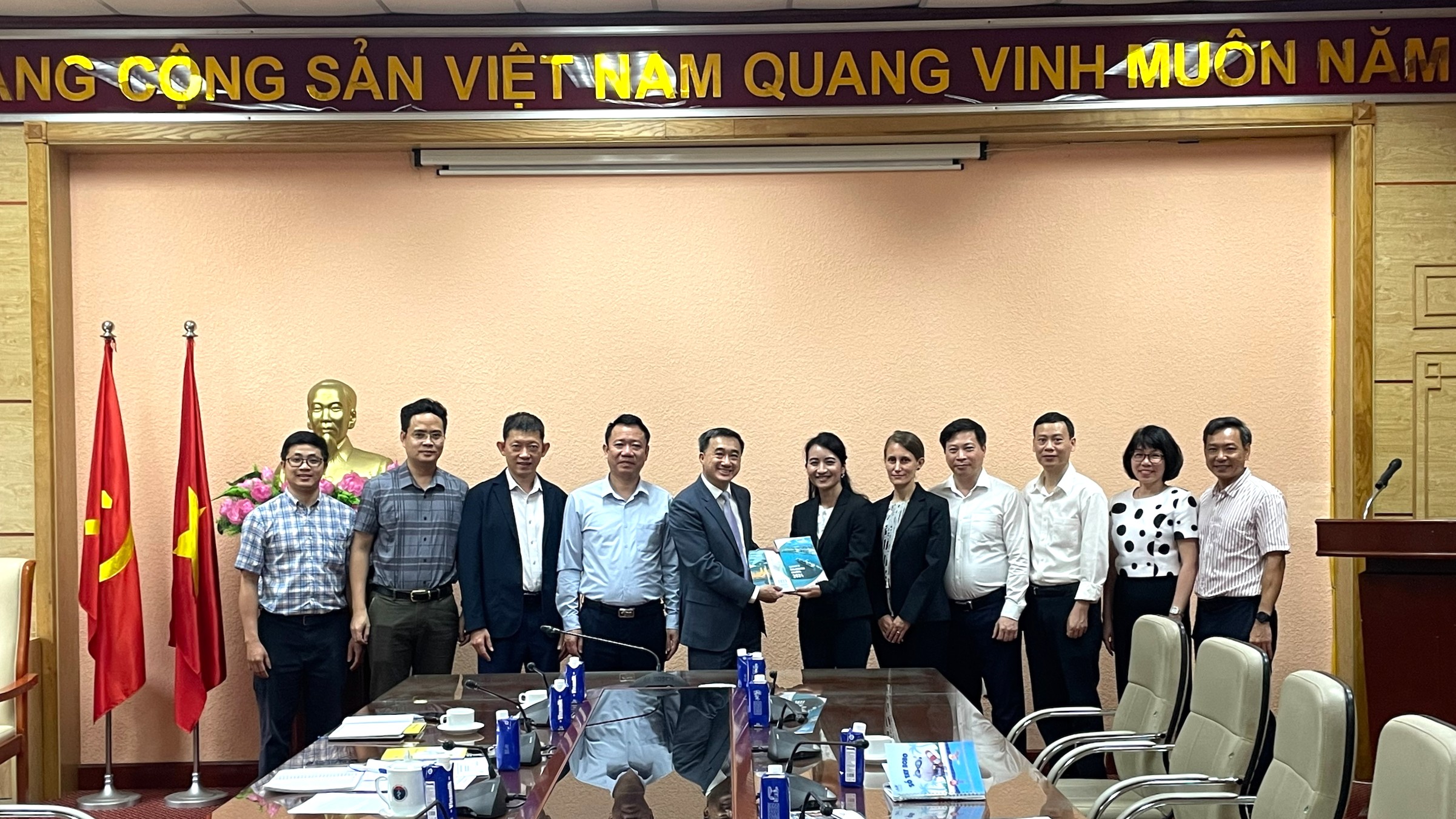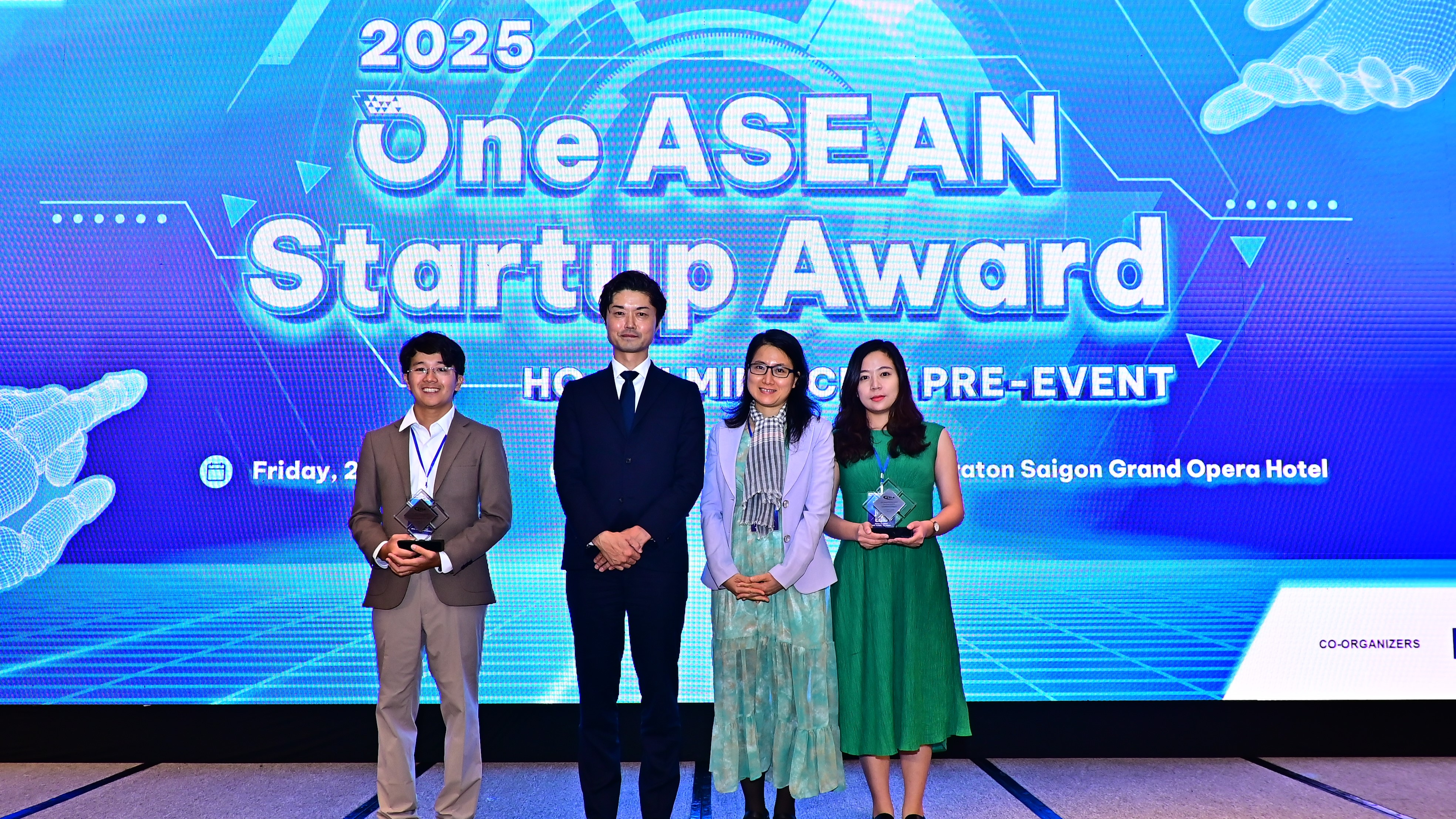TradePAG Theme #5: The Future of WTO Reform Initiatives
Date:
3 May 2023Category:
-Topics:
ASEAN ChairmanshipShare Article:
Print Article:
 | The WTO remains an institution that has a crucial role in regulating world trade and is still needed by many countries, even though it is currently facing classic and contemporary challenges. The classic challenge faced by the WTO relates to the concept of a single undertaking that often results in the negotiation process running for a very long time and often ending without reaching an agreement. Today, the challenges faced by the WTO are even greater, including issues of transparency and monitoring, dispute settlement, and the rise of plurilateralism among WTO member countries. These conditions further emphasize the urgency of reforming the WTO. The core of the WTO reform is the creation of an understanding of the functions and roles of the WTO that is acceptable from the perspective of developed and developing countries. So far, developed countries have utilized the WTO to expand market access for their competitive products, especially manufactured products. Meanwhile, developing countries still find it difficult to gain fair competition for their agricultural products in the global market. This condition has resulted in the benefits of the WTO being biased towards developed countries, which is reflected in the much higher welfare gains obtained by developed countries than developing countries. Therefore, one of the objectives of the WTO, to create sustained growth for developing countries in order to reduce the welfare gap between developed and developing countries, has not been achieved. In this regard, WTO reform should focus more on inclusiveness. The top priority in the WTO reform phase is to improve the dispute settlement system. This must be implemented while ensuring that the main functions of the WTO in dispute settlement work well, including fully reactivating the Appellate Body. The unideal conditions created by unilateral action by one of the developed countries must be addressed immediately to restore confidence in the multilateral trading system. Another aspect that needs to be included in the WTO reform agenda is the establishment of a new institution or committee that is neutral, independent and capable of building and maintaining a database on subsidies. The institution or committee must also be able to carry out a comprehensive analysis regarding the impact of subsidy practices on other countries. The WTO also needs to consider the advantages of a plurilateral agreement that can provide a solution to the single undertaking concept that has been used by the WTO. However, the plurilateral agreement chosen must be an open agreement, so that it can be utilized by non-participating countries and reduce potential negative impacts, as would occur if the agreement is exclusive. The Ministry of Trade of the Republic of Indonesia can take a number of initiatives to push for WTO reform. First, Indonesia can start a campaign on the importance of a uniform understanding regarding the function and role of the WTO in global trade. Second, Indonesia can encourage WTO member countries to reach a consensus regarding the full reactivation of the Appellate Body function. Third, Indonesia can voice strategic proposals in various discussion forums at the WTO (for example through proposals or internal papers submitted to the WTO or by submitting them directly to the WTO Trade Policy Review session). The strategic proposals referred to include strategic options to increase compliance with transparency and monitoring obligations related to the issue of subsidy practices and the potential for utilizing the Open Plurilateral Agreement (OPA) within the WTO framework. |








